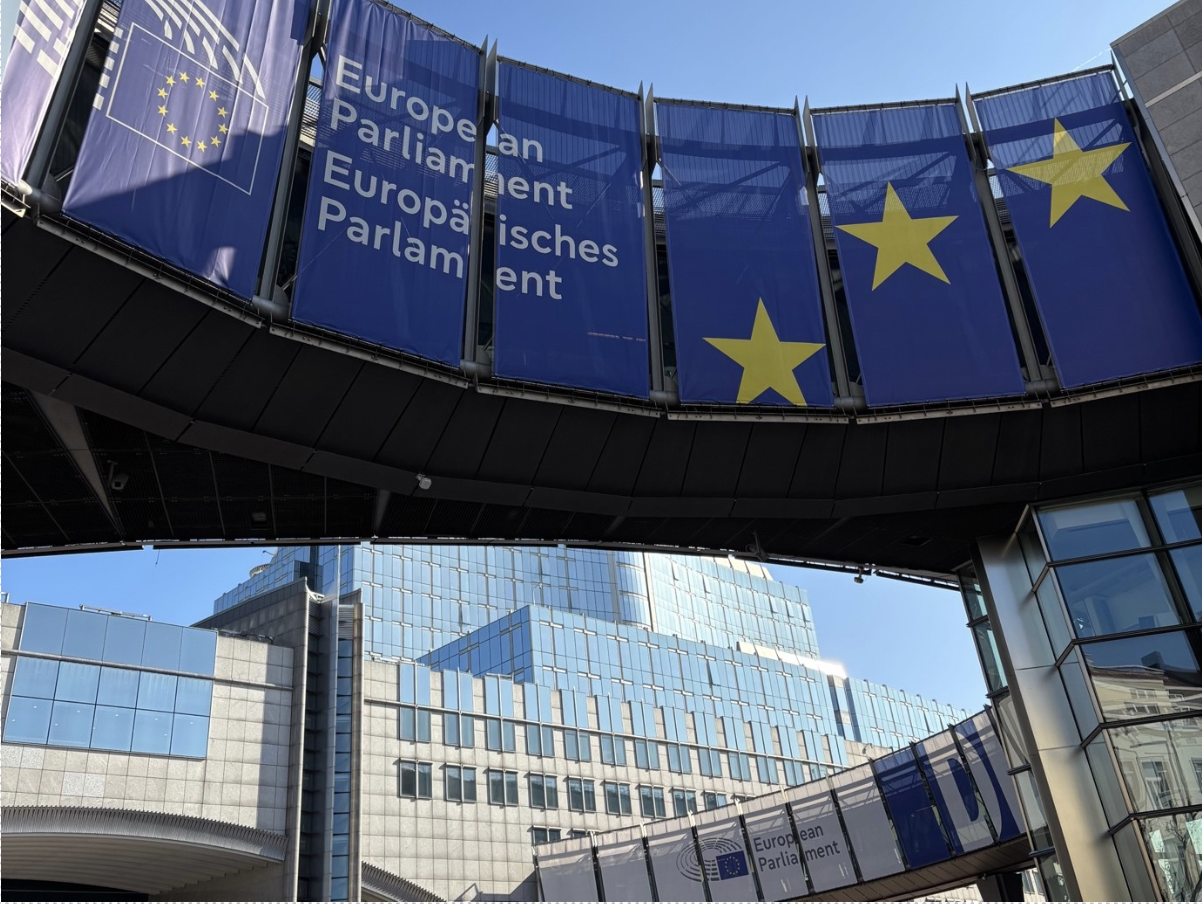This blog post was first published at Contemporary Security Policy. How can minilateralism better complement effective multilateral institutions in a global nuclear order marred by multilateral stagnation and deadlock? In the wake of the 2023 report by the High-Level Advisory Board on Effective Multilateralism, a new article by Megan Dee argues that minilateral groupings can
By Jamie Paterson, 22 August 2023 Earlier this year, it was reported that China is on track to meet its target of producing 1,200 gigawatts of wind and solar based energy five years ahead of its 2030 target. In a time where the climate crisis seems increasingly dire, this was a welcome piece of news
My name is Abbey Stroud and I am a third year International Relations student studying abroad from Mount Allison University in New Brunswick, Canada. I was given the opportunity at the University of Stirling to apply to the British International Studies Association (BISA) and Foreign, Commonwealth and Development Office (FCDO) Model NATO 2022 as a
By Niall Duggan, University College Cork; Luis Mah, Universidade de Lisboa , and Toni Haastrup, University of Stirling. This article was first published in The Conversation on 17 February 2022. It has been republished under a Creative Commons license. Read the original article. Summits between the African Union and European Union are essential to setting
By Jamie Paterson, 13 January 2022 As Scotland moves towards a greener future, radical development in infrastructure is needed to legitimise the Scottish Government’s claim to climate leadership. From 2030, the sale of new combustion vehicles, including cars, vans, and lorries, will be prohibited in the UK. This, alongside electric vehicles’ (EV) increasing share of
By Wonah Martin Odey, Commonwealth Scholar and Postgraduate student on the MSc International Conflict and Cooperation India, a country with the second-largest population in the world is teaching us the role government plays in the lives of its citizens, especially when either religion or scientific advice must be followed. Humans may be free to practice
By Sean Kippin and Paul Cairney, University of Stirling, 4 March 2021. First published British Politics and Policy at LSE on 22 February 2021 In the summer of 2020, after cancelling exams, the UK and devolved governments sought teacher estimates on students’ grades, but supported an algorithm to standardise the results. When the results produced
A New Chapter of Humanitarianism or a Dangerous Finale of Mistrust? 20 January 2021, Written by Michael Robinett, 4th year BA (hons) Philosophy & Politics What is TPNW and Why is it Historical? TPNW is the first legally binding multilateral agreement to ban nuclear weapons One of the foundational pillars of global nuclear security found
By Sebastian Kiecker, 13 January 2021 The European Union (EU) has economically underperformed for years facing difficulties in maintaining its economic competitiveness and investment rates (EIB 2019). The EU’s restrictive fiscal framework, the stability and growth pact (SGP), and fiscal consolidation have made matters worse by preventing member states from financing the investments necessary to
By Teodor Vladimirov, MSc International Conflict and Cooperation. Ever since World War II, the United States has had relatively the same foreign policy, a gradual process of setting up their hub-and-spokes approach to international relations. While the United States has undoubtedly made controversial decisions, its main goal has been remaining the top world power. However,
Cashing in on Soft Power Capital: China, COVID-19, and the quest to reshape international reputation
By Chris White, MSc International Conflict and Cooperation Long before COVID-19 emerged, the West has been battling the symptoms of an epidemic in public mistrust. COVID-19 highlighted how repeated violations of the voter’s trust by ‘establishment’ politicians have ensured any distrust in domestic institutions has permeated into the international system. As part of my own Masters
By Svea Horn, MSc International Conflict and Cooperation In the past three decades, the international community has been striving to tackle climate change, with climate finance becoming a core dimension of those efforts. Climate finance is defined as finance that seeks to support local, national and international climate change adaptation and mitigation activities which have
Stefanie Elsa graduated with a First Class degree in History and Politics from the University of Stirling in 2020. In this blog, Stefanie, who is from Switzerland, talks about why she chose to study at Stirling, what she gained from her degree, and what she plans to do next. Why Stirling? Especially as an international
We often read about political institutions in news media or in our academic studies, but what is it like to visit one? Here, Year 3 BA Politics student Katy Smith fills us in on her visit to Brussels, and in particular, to the European Parliament. Known for its historical architecture, renowned cuisine and, allegedly, the


